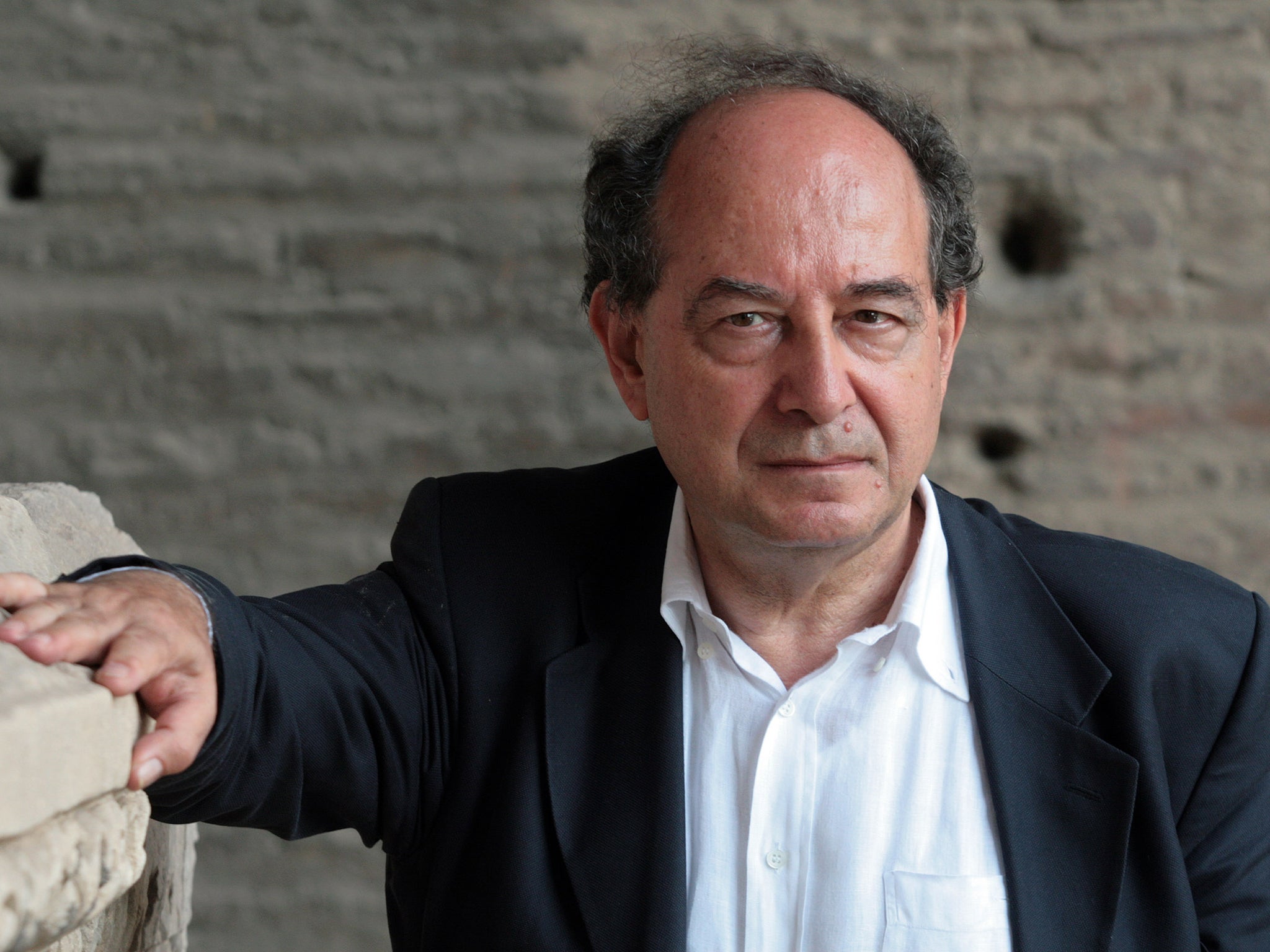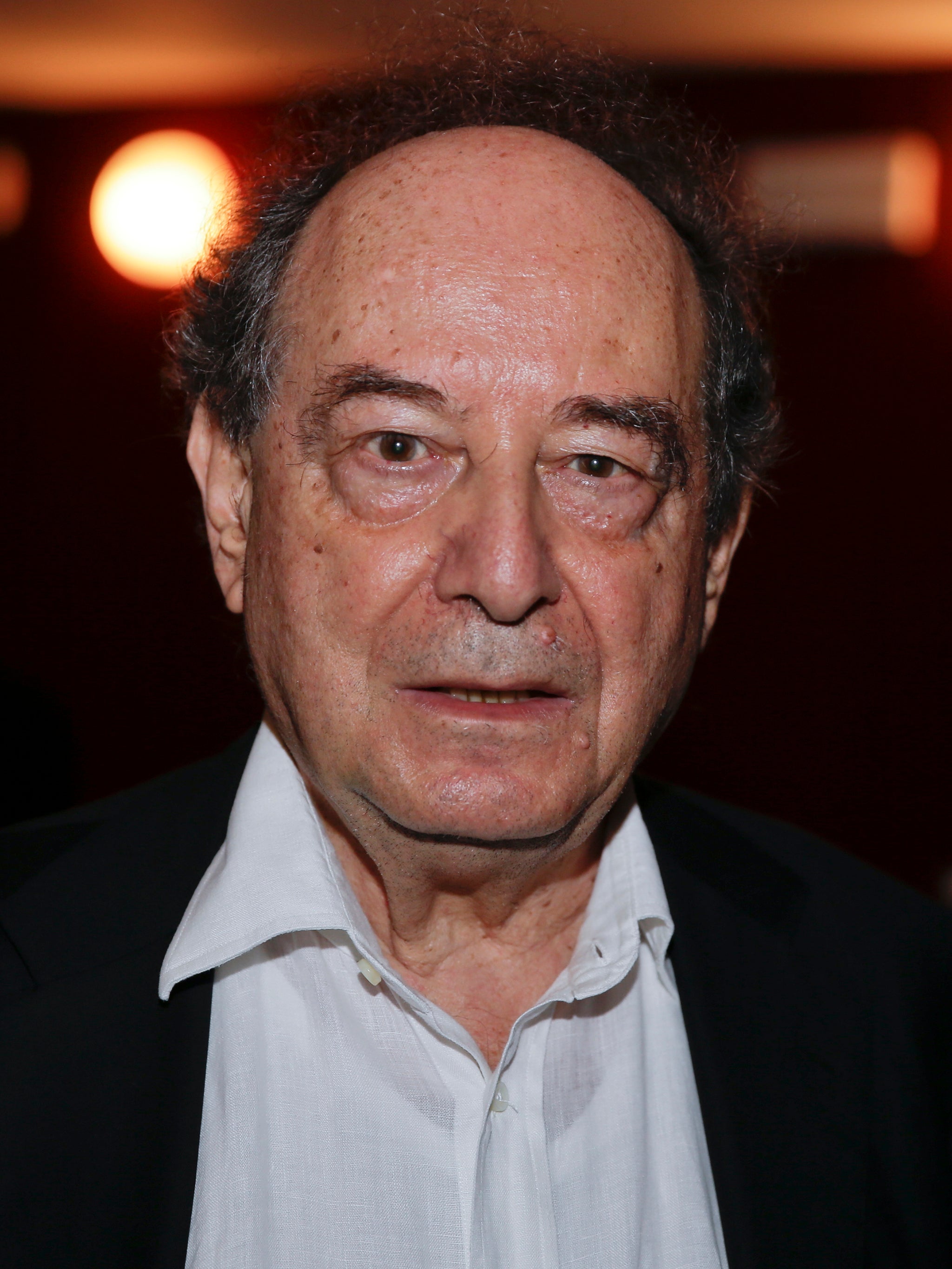Roberto Calasso: Erudite Italian author who wrote of human consciousness
The uncoventional publisher penned books that shifted thought in the fields of philosophy and history

Robert Calasso, who has died aged 80, was a writer who brought his works on the evolution of human consciousness to a worldwide audience through his prestigious Italian publishing house, Adelphi Edizioni.
Unravelling the questions in his enquiring mind about the thread that links cultures, eras and civilisations, his orbit encompassed everything from Indian mythology to assessments of historical figures such as 20th-century literary giant Franz Kafka.
Calasso’s best-known book is The Marriage of Cadmus and Harmony (1988), in which he displays his encyclopedic knowledge of Greek myths by weaving them into a vivid, entertaining cocktail of prose.
Beginning with the abduction of Europa by Zeus, whose sexual wiles involved both boys and girls, he demonstrates how humans were puppets of the gods. While contending that the story of the marriage itself set the basic patterns for later European fiction, Calasso also notes with humour the fluidity of myths, writing: “No other woman or goddess had so many deaths as Ariadne.”
Ultimately, Calasso’s account restored the gods to their central role in the life of the Greeks.
Moving from ancient to modern with The Forty-nine Steps (1991), Calasso ambitiously presented a “secret history” of 20th-century European literature and philosophy in the wake of Sigmund Freud, Friedrich Nietzsche and Karl Marx. He gives his take on how Gustave Flaubert, Karl Kraus, Kafka, Bertolt Brecht and others contributed to western thought.
Then, he turned to Hindu philosophy in Ka (1996), pulling together Indian stories and customs, from the devas (gods) and the semi-divine seven seers poet sages to the wars of the Mahabharata and the advent of the Buddha.
But, for a writer so bound up with examining myth, Calasso was at pains to point out in K (2002) that Kafka’s fiction grew not out of legend so much as the 19th-century realism he found in Charles Dickens’s novels.
Moving on to 19th-century France in La Folie Baudelaire (2008), he professed that Paris and poet Charles Baudelaire were the cradles of modernity while weaving into the narrative of other post-Romantic writers and artists, including Ingres, Delacroix, Valery, Degas and Manet.
At least one critic questioned the subjective nature of Calasso’s mix of critique and biography – in one way making the writer a distinctive voice with a refreshing take on history, while in another failing to provide a clear thread uniting his material.
The same critic questioned whether this freedom to write by his own rules came from running his publishing company and being “the privileged child of a highly cultured and prominent family”.

Roberto Calasso was born in Florence in 1941 to Melisenda (nee Codignola), a scholar of German literature, and Francesco Calasso, a history professor at the city’s university. His maternal grandfather, Ernesto Codignola, was a philosophy professor who ran a publishing company.
When he was three years old, Calasso’s anti-fascist father was detained for 20 days having been accused of conspiring to kill Giovanni Gentile when the self-styled “philosopher of Italian fascism”, who had served in government under Mussolini, was murdered a year after the dictator’s downfall.
The family went into hiding and, once the Second World War was over, moved to Rome, where Calasso’s father was dean of the legal faculty at Florence University from 1955 until his death 10 years later.
Calasso himself graduated from Florence University with a degree in English literature before becoming an editor at Adelphi Edizioni in 1962, when it was founded to publish an Italian edition of Nietzsche’s complete works. He became its editorial director six years later, and chair in 1999.
The Milan-based company gained a reputation for its originality and a willingness to buck trends. As well as establishing a list of translations of novels by authors such as Georges Simenon, Nabokov, Somerset Maughan and JRR Tolkien, Adelphi published books by neglected Austrian authors and new Italian talent, along with fantasy novels and Tibetan religious texts.
“At the beginning, we were considered rather eccentric and aristocratic,” he told The New York Times in 2015. “Then, when we started to have remarkable commercial successes, we were accused of being too populist. That was curious because we were publishing exactly the same books.”
Calasso made his own debut as an author in 1974 with a novel, The Impure Fool, about Freud’s paranoid patient Daniel Paul Schreber.
He also channelled his intellectual powers into writing books that provided an understanding of civilisation. He began with The Ruin of Kasch (1983), recounting the cultural transition after the French Revolution, and completed his canon of a dozen works with The Celestial Hunter (2016), on humans’ relationship with myths. Modern publications include The Tablet of Destinies (2020), reflecting on the ancient and contemporary worlds, and the forthcoming Book of All Books.
His work was translated into almost 30 languages in as many countries.
“Stories are the most durable texture of life for us,” he told The Independent’s Boyd Tonkin in 2012. “Not forms of societies, but stories. Stories are really what keeps everything together, in a way … one needs stories.”
In 1968, Calasso married Swiss author Fleur Jaeggy in London. She survives him, along with his two children, Josephine and Tancredi, from a relationship with Anna Katharina Frohlich.
Roberto Calasso, author and publisher, born 30 May 1941, died 28 July 2021
Join our commenting forum
Join thought-provoking conversations, follow other Independent readers and see their replies
Comments

Bookmark popover
Removed from bookmarks